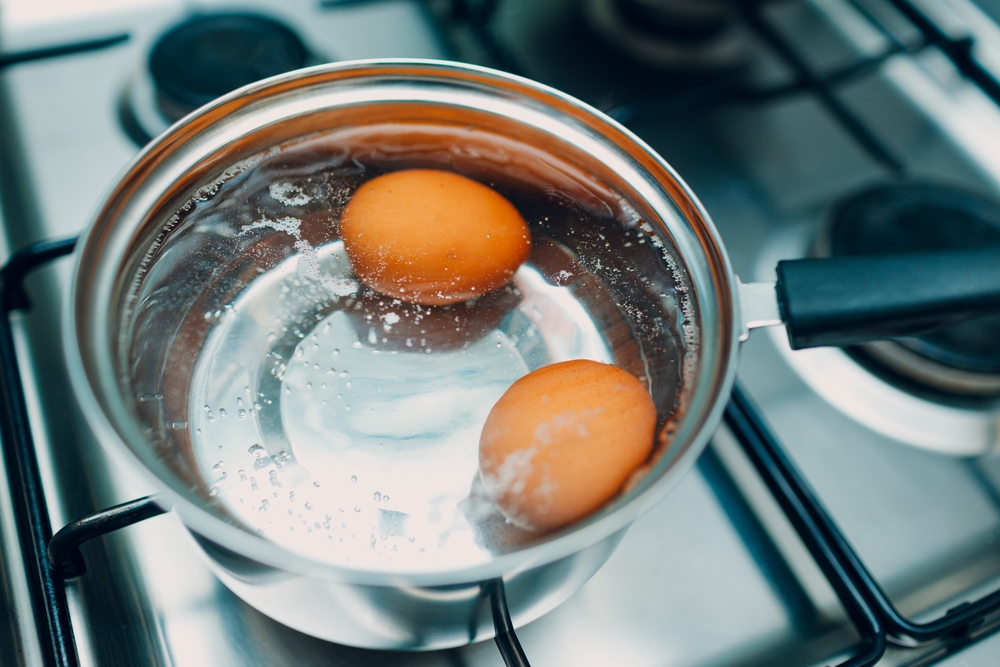Dutch Residents Told to Skip Backyard Eggs Over Health Risk
Others are reading now
Backyard chickens are a common sight in many Dutch neighborhoods.
People enjoy collecting fresh eggs and the sense of self-sufficiency that comes with it.
But now, that simple pleasure may carry serious health risks. A Dutch health agency has issued a warning that eating eggs from backyard chickens could be dangerous.
On Tuesday, the Dutch National Institute for Public Health and the Environment (RIVM) advised people to stop eating home-produced eggs, according to Digi24.
Also read
Tests showed that these eggs often contain high levels of PFAS. These are man-made chemicals used in many products like non-stick cookware, waterproof clothing, and firefighting foam.
PFAS are also known as “forever chemicals” because they don’t break down naturally in the environment.
Over time, they build up in the human body. They’ve been linked to several health issues, including cancer, hormone disruption, and problems with the immune system.
RIVM tested eggs from 60 different locations. The results showed that many backyard eggs contained unsafe levels of PFAS.
Officials said that people in the Netherlands are already exposed to PFAS through food and drinking water.
Eating eggs with even higher levels could push that exposure to dangerous levels.
The agency said that people can still eat eggs bought from supermarkets or farmers’ markets.
These are tested and regulated more strictly. Backyard eggs, however, are not checked the same way.
Researchers are still trying to understand how the chemicals are getting into the eggs.
One theory is that chickens are eating contaminated earthworms or soil. That could explain how the PFAS gets into their system and then into the eggs.
The European Chemicals Agency is now working on a plan to phase out PFAS entirely.
Countries leading the effort include the Netherlands, Germany, Sweden, Denmark, and Norway.
These chemicals are used in many industries. The goal is to protect public health by cutting exposure as much as possible.
Until more is known, health experts say it’s better to be safe. That means skipping backyard eggs for now.



